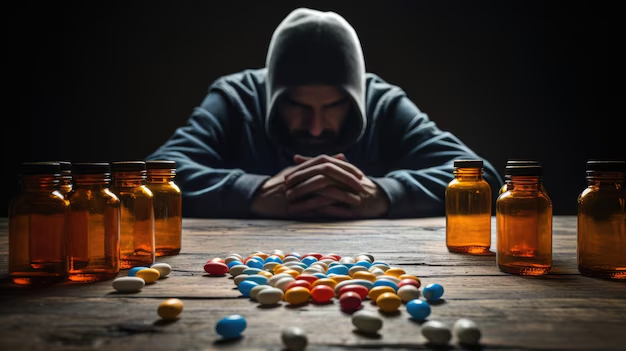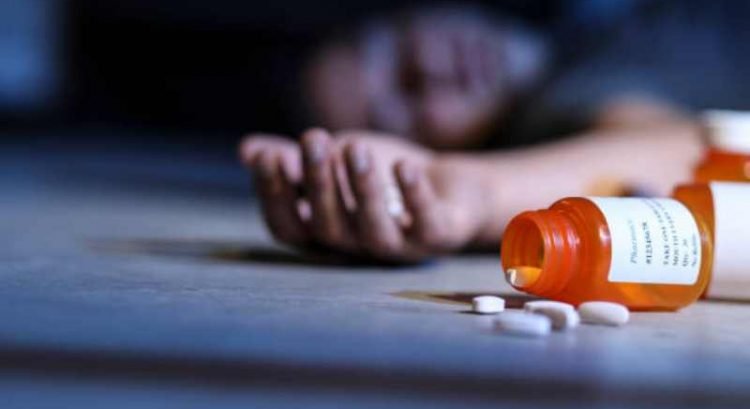Drug Addiction Treatment: Comprehensive Care
What is Drug Addiction?
Drug addiction, also known as Substance Use Disorder (SUD), is a chronic disease characterized by compulsive drug seeking and use, despite harmful consequences. It affects the brain’s reward system, leading to physical dependence and psychological cravings.

Commonly Abused Substances
- Opioids: Heroin, prescription painkillers like morphine and oxycodone.
- Stimulants: Cocaine, methamphetamine, and certain prescription drugs like Adderall.
- Cannabis: Marijuana and synthetic cannabinoids.
- Hallucinogens: LSD, ecstasy, and ketamine.
Signs of Drug Addiction
- Inability to stop using the drug despite attempts to quit.
- Cravings and compulsive drug-seeking behavior.
- Neglecting responsibilities at work, home, or school.
- Withdrawal symptoms when not using the drug, such as anxiety, nausea, or tremors.
Unique Features of Our Treatment Program
Personalized Care
Holistic Healing
Safe and Supportive Environment
Tailored treatment plans based on individual needs and addiction history.
Focus on mind, body, and spirit through yoga, meditation, and nutritional therapy.
Comfortable accommodations with modern amenities.

The Path to Recovery
- Acceptance Acknowledging the problem and seeking help is the first step toward recovery.
- Treatment Admission Our team ensures a smooth admission process, providing clarity and support.
- Journey to Healing Through detox, therapy, and lifestyle changes, individuals embark on a transformative journey.
- Relapse Prevention We empower individuals with strategies to navigate triggers and stressors, ensuring sustained recovery.
The Impact of Drug Addiction
Drug addiction has devastating consequences, including:
Drug Addiction Treatment at Sanchit Nasha Mukti Kendra
At Sanchit Nasha Mukti Kendra, we provide a structured, compassionate approach to recovery. Our treatment programs are designed to address the root causes of addiction and equip individuals with tools for lasting sobriety.
Initial Assessment
Comprehensive evaluation of the individual’s physical, psychological, and social needs.
Identifying the type of substance abuse and its severity.
Detoxification
Safely managing withdrawal symptoms under medical supervision.
Medications may be used to ease discomfort and prevent complications.
Inpatient Rehabilitation
A residential program offering 24/7 care in a structured environment.
Intensive therapy sessions and daily activities for recovery.
Aftercare and Relapse Prevention
Continued support through follow-up sessions, support groups, and skill-building workshops.
Preparing individuals for long-term sobriety.



